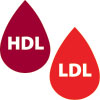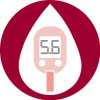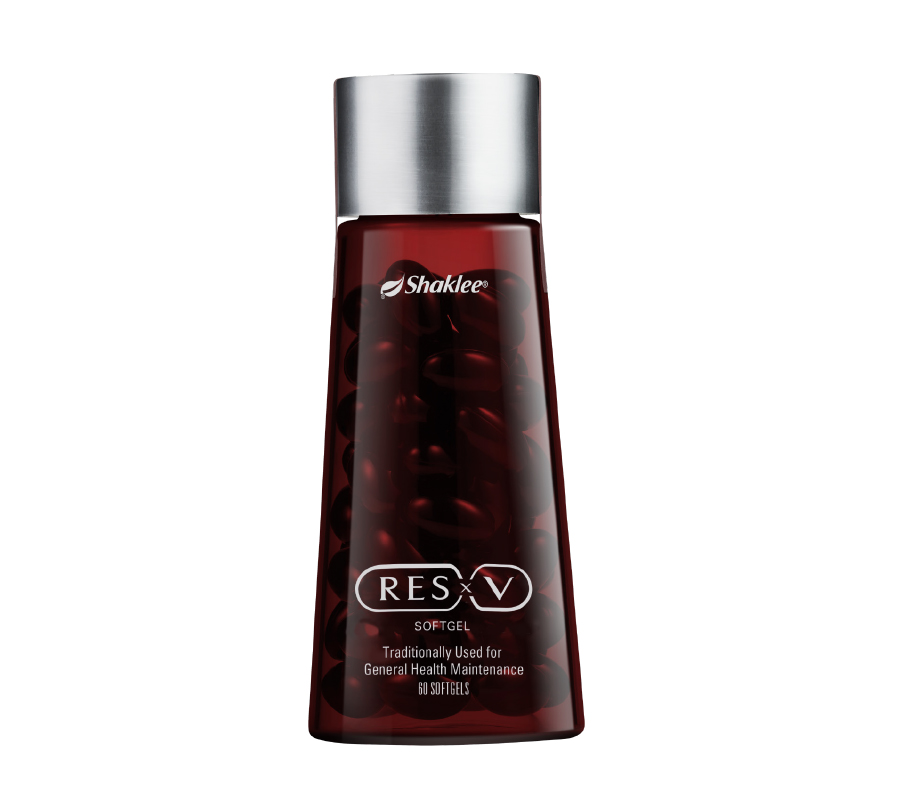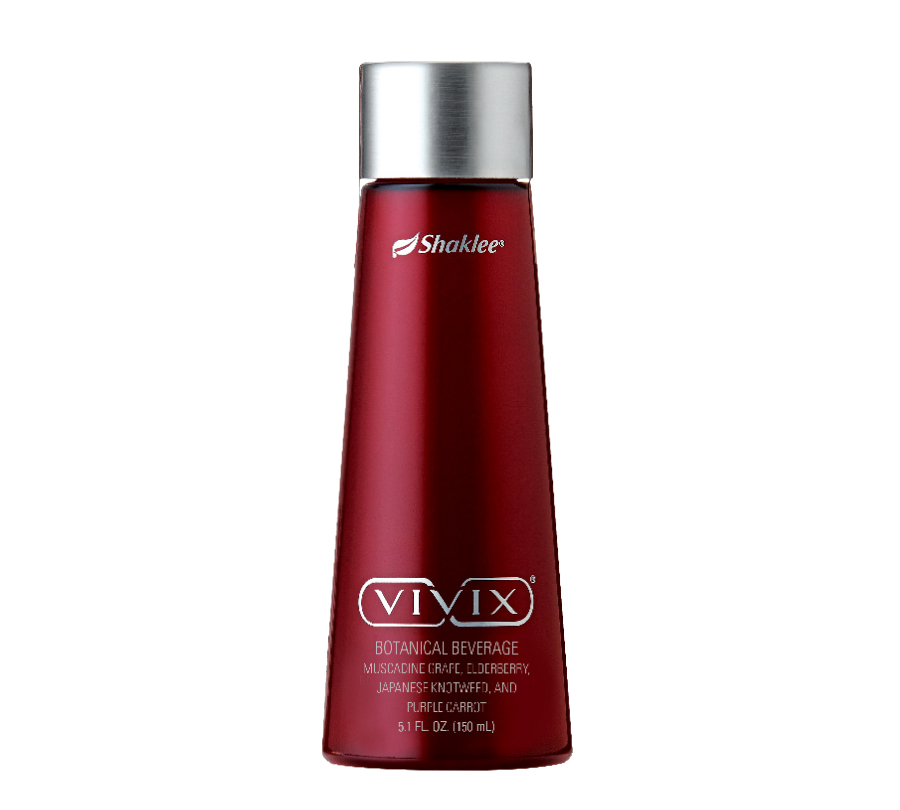8 Polyphenol Benefits You Must Know!
8 Polyphenol Benefits You Must Know!
Scientific studies strongly suggest that long-term consumption of diet rich in plant polyphenols strengthens our body defense system.

Healthy Skin
Protects against ultraviolet radiation (UV) damage and free radicals attack, boosts collagen production1 and smoothens fine lines and wrinkles.2

Healthy Blood Circulation
Reduces chronic inflammation, the leading cause of heart disease3,4,5 as well as lowers blood pressure and LDL (bad) cholesterol levels and increases higher HDL (good) cholesterol.6,7

Effective Body Detox and Cleansing
Enhances liver health by regulating internal body stress, reducing redness, and swelling, and alleviating cell death in the liver9 and mimics health effects of fasting or calorie-reduction, which may help you lose weight.10

Healthy Blood Sugar Levels
Lowers fasting blood sugar levels, improves glucose tolerance, and increases insulin sensitivity.8

Healthy Brain Function
A 12-week daily consumption11 of grape juice boosted memory of adults with mild mental impairment. Consistent intake of polyphenols daily improves blood flow to the brain, enhancing memory and attention.12,13,14,15

Energy and Muscle Strength
Speeds up mitochondria production, our body’s main energy producer. Improves muscle mass and regeneration in older adults, especially when used alongside exercise.16

Nurtures and Supports Joint Health
Protects cartilage degradation and increases production of cartilage and collagen in joints.21

Healthy Cell Growth
Polyphenols are one of the compounds to activate healthy cell growth17,18,19 as they are believed to block the growth and development of malignant cells.17,20
References:
1. Afaq, F., & Katiyar, S. K. (2011). Polyphenols: skin photoprotection and inhibition of photocarcinogenesis. Mini reviews in medicinal chemistry, 11(14), 1200–1215.
2. Joi A. Nichols, S. K. (2010). Skin photoprotection by natural polyphenols: anti-inflammatory, antioxidant and DNA repair mechanisms. Archives of Dermatological Research, 71-83.
3. Hunter P. (2012). The inflammation theory of disease. The growing realization that chronic inflammation is crucial in many diseases opens new avenues for treatment. EMBO reports, 13(11), 968–970. doi:10.1038/ embor.2012.142.
4. Tangney, C. C., & Rasmussen, H. E. (2013). Polyphenols, inflammation, and cardiovascular disease. Current atherosclerosis reports, 15(5), 324. doi:10.1007/s11883-013-0324-x.
5. Hussain, T., Tan, B., Yin, Y., Blachier, F., Tossou, M. C., & Rahu, N. (2016). Oxidative Stress and Inflammation: What Polyphenols Can Do for Us?. Oxidative medicine and cellular longevity, 2016, 7432797. doi:10.1155/2016/7432797.
6. Potì, F., Santi, D., Spaggiari, G., Zimetti, F., & Zanotti, I. (2019). Polyphenol Health Effects on Cardiovascular and Neurodegenerative Disorders: A Review and Meta-Analysis. International journal of molecular sciences, 20(2), 351. doi:10.3390/ijms20020351.
7. Cheng, Y. C., Sheen, J. M., Hu, W. L., & Hung, Y. C. (2017). Polyphenols and Oxidative Stress in Atherosclerosis-Related Ischemic Heart Disease and Stroke. Oxidative medicine and cellular longevity, 2017, 8526438. doi:10.1155/2017/8526438.
8. Kim, Y., Keogh, J. B., & Clifton, P. M. (2016). Polyphenols and Glycemic Control. Nutrients, 8(1), 17. doi:10.3390/nu8010017.
9. Peiyuan H, et al. Resveratrol ameliorates experimental alcoholic liver disease by modulating oxidative stress. Evid Based Complement Alternat Med. 2017;2017:4287890.
10. Renes J, et al. Calorie restriction-induced changes in the secretome of human adipocytes, comparison with resveratrol-induced secretome effects. Biochim Biophys Acta. 2014 Sep;1844(9):1511–1522.
11. Krikorian, R., Nash, T., Shidler, M., Shukitt-Hale, B., & Joseph, J. (2010). Concord grape juice supplementation improves memory function in older adults with mild cognitive impairment. British Journal of Nutrition, 103(5), 730-734. doi:10.1017/S0007114509992364.
12. David T. Field, Claire M. Williams, Laurie T. Butler. (2011). Consumption of cocoa flavanols results in an acute improvement in visual and cognitive functions. Physiology & Behavior. Volume 103, Issues 3–4. Pages 255-260: ISSN 0031-9384. https://doi.org/10.1016/j. physbeh.2011.02.013.
13. Scholey, A. B., French, S. J., Morris, P. J., Kennedy, D. O., Milne, A. L., & Haskell, C. F. (2010). Consumption of cocoa flavanols results in acute improvements in mood and cognitive performance during sustained mental effort. Journal of Psychopharmacology, 24(10), 1505–1514. https://doi.org/10.1177/0269881109106923.
14. Sorond, F. A., Lipsitz, L. A., Hollenberg, N. K., & Fisher, N. D. (2008). Cerebral blood flow response to flavanol-rich cocoa in healthy elderly humans. Neuropsychiatric disease and treatment, 4(2), 433–440.
15. Francis, S.T., Head, K., Morris, P.W., & Macdonald, I.A. (2006). The effect of flavanol-rich cocoa on the fMRI response to a cognitive task in healthy young people. Journal of cardiovascular pharmacology, 47 Suppl 2, S215-20.
16. Bennett BT, et al. Effects of resveratrol on the recovery of muscle mass following disuse in the plantaris muscle of aged rats. PLoS One. 2013; 8(12): e8351840.
17. Zhou, Y., Zheng, J., Li, Y., Xu, D. P., Li, S., Chen, Y. M., & Li, H. B. (2016). Natural Polyphenols for Prevention and Treatment of Cancer. Nutrients, 8(8), 515. doi:10.3390/nu8080515.
18. Madigan, Mariah & Karhu, Elisa. (2018). The role of plant-based nutrition in cancer prevention. Journal of Unexplored Medical Data. 3. 9. 10.20517/2572-8180.2018.05.
19. Monica Dinu, Rosanna Abbate, Gian Franco Gensini, Alessandro Casini & Francesco Sofi (2017) Vegetarian, vegan diets and multiple health outcomes: A systematic review with meta-analysis of observational studies, Critical Reviews in Food Science and Nutrition, 57:17, 3640-3649, DOI: 10.1080/10408398.2016.1138447.
20. Niedzwiecki, A., Roomi, M. W., Kalinovsky, T., & Rath, M. (2016). Anticancer Efficacy of Polyphenols and Their Combinations. Nutrients, 8(9), 552. doi:10.3390/nu8090552.
21. Shen, Chwan-Li & Smith, Brenda & Lo, Di-Fan & Chyu, Ming-Chien & Dunn, Dale & Chen, Chung-Hwan & Kwun, In-Sook. (2012). Dietary polyphenols and mechanisms of osteoarthritis. The Journal of nutritional biochemistry. 23. 1367-77. 10.1016/j.jnutbio.2012.04.001.








